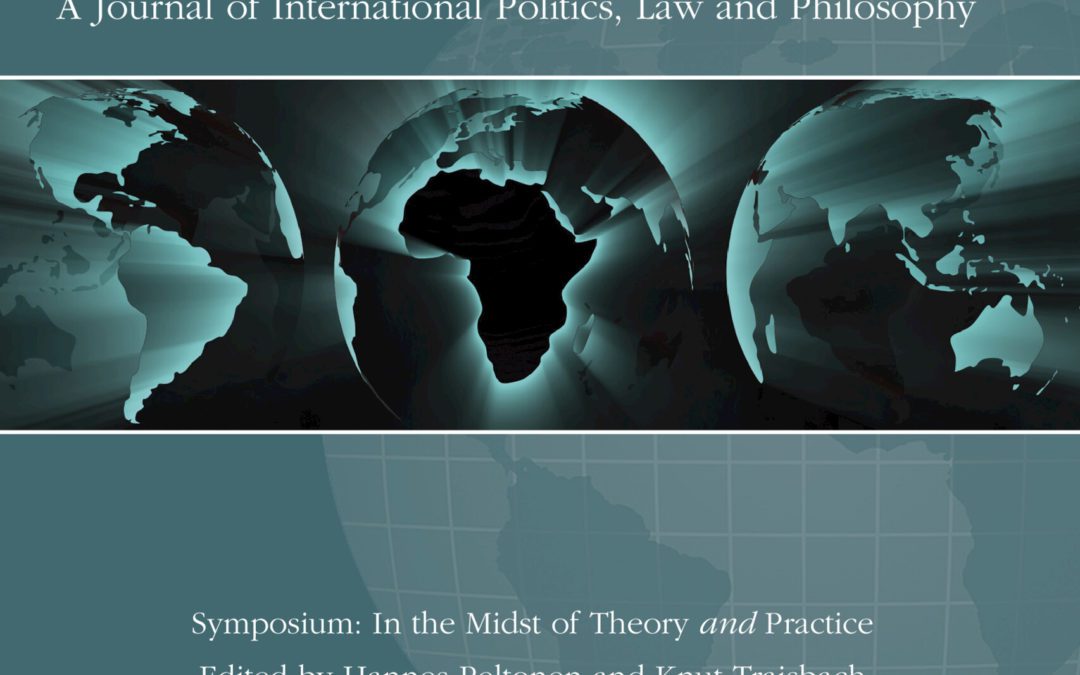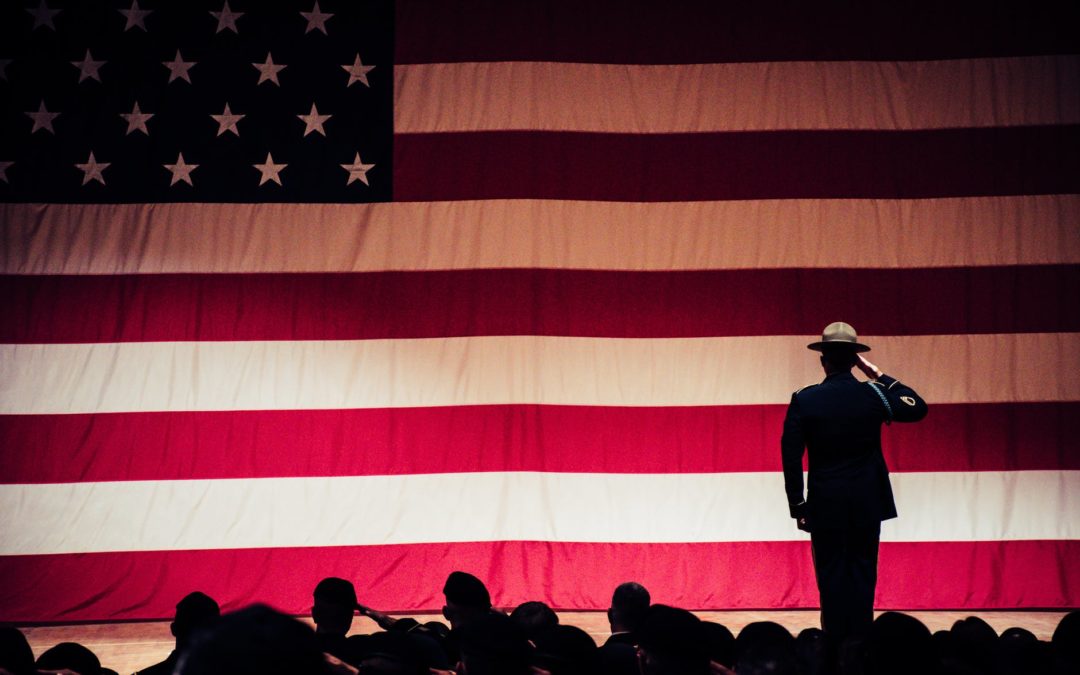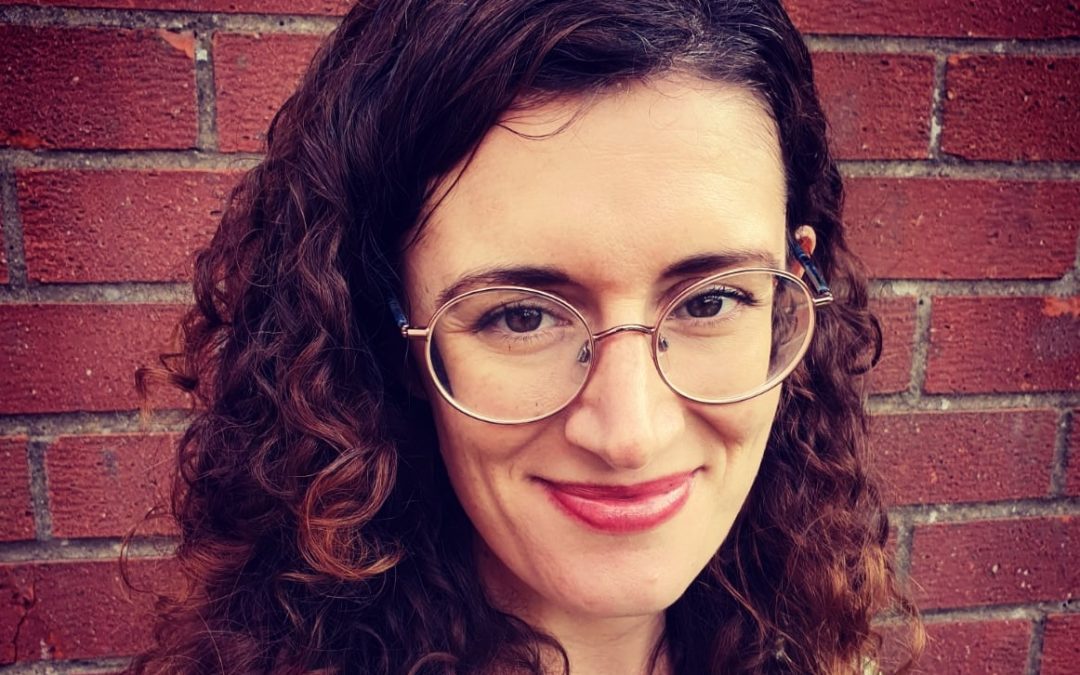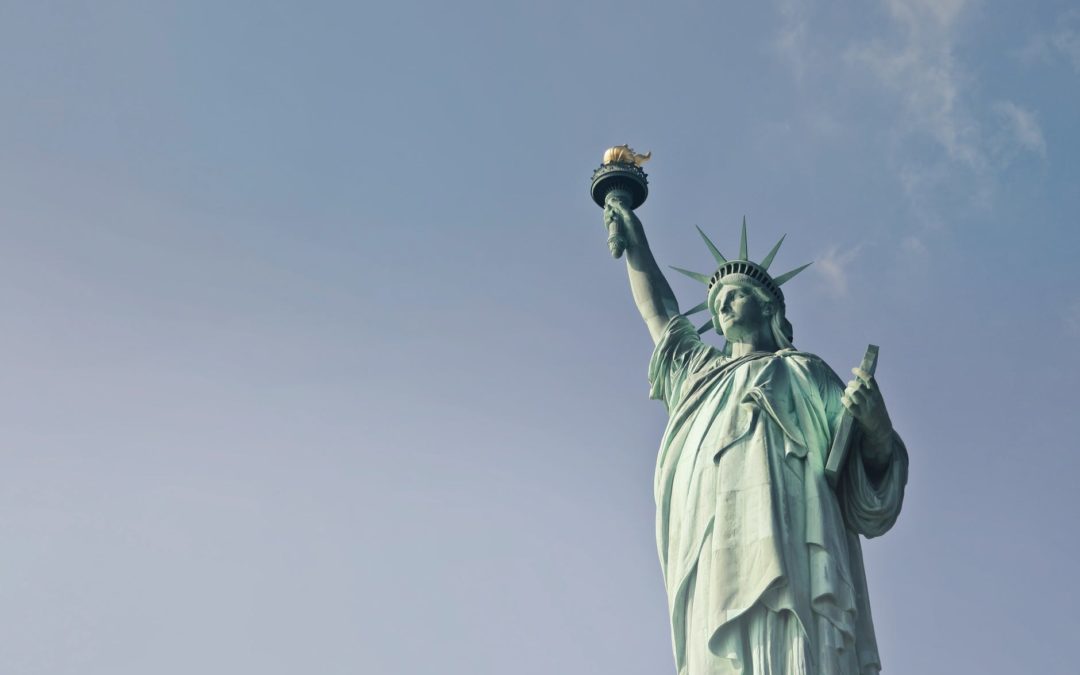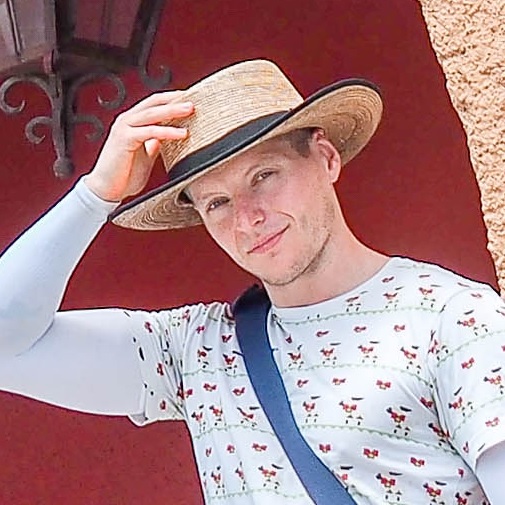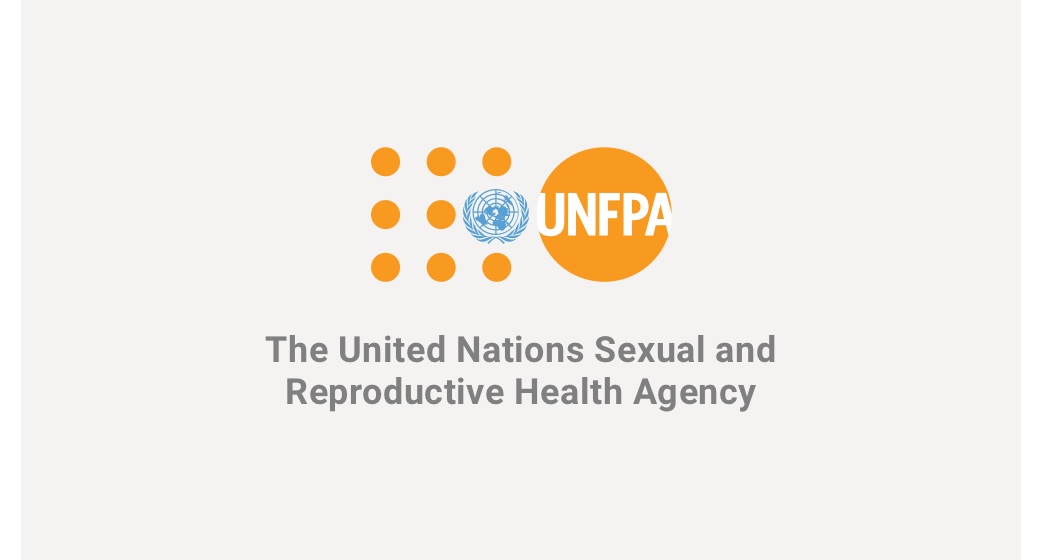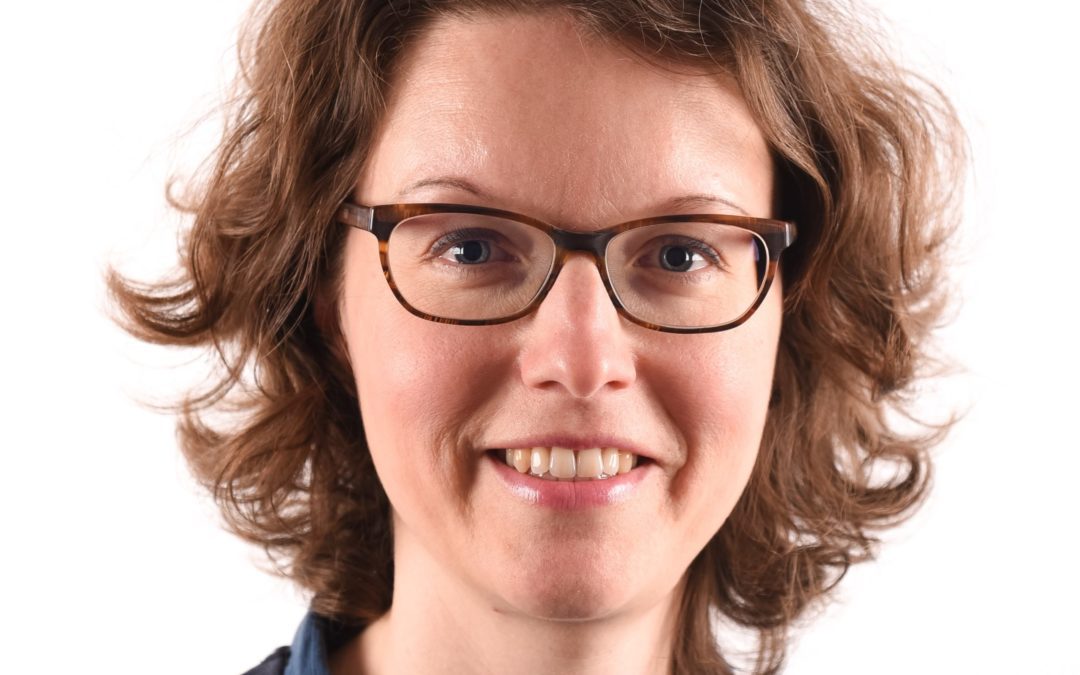This piece is the second in a three-part series grappling with the role of political economy in making a just, sustainable international order. Writing about America’s economic strategy deficit got me pondering why the United States had such a stunted economic imagination. How could the government that many consider to be the global economic hegemon be inept at economic statecraft? For one thing, I think the popular impression of America as...

